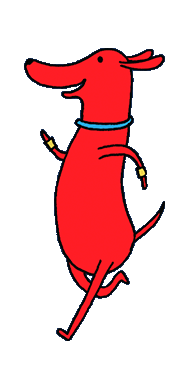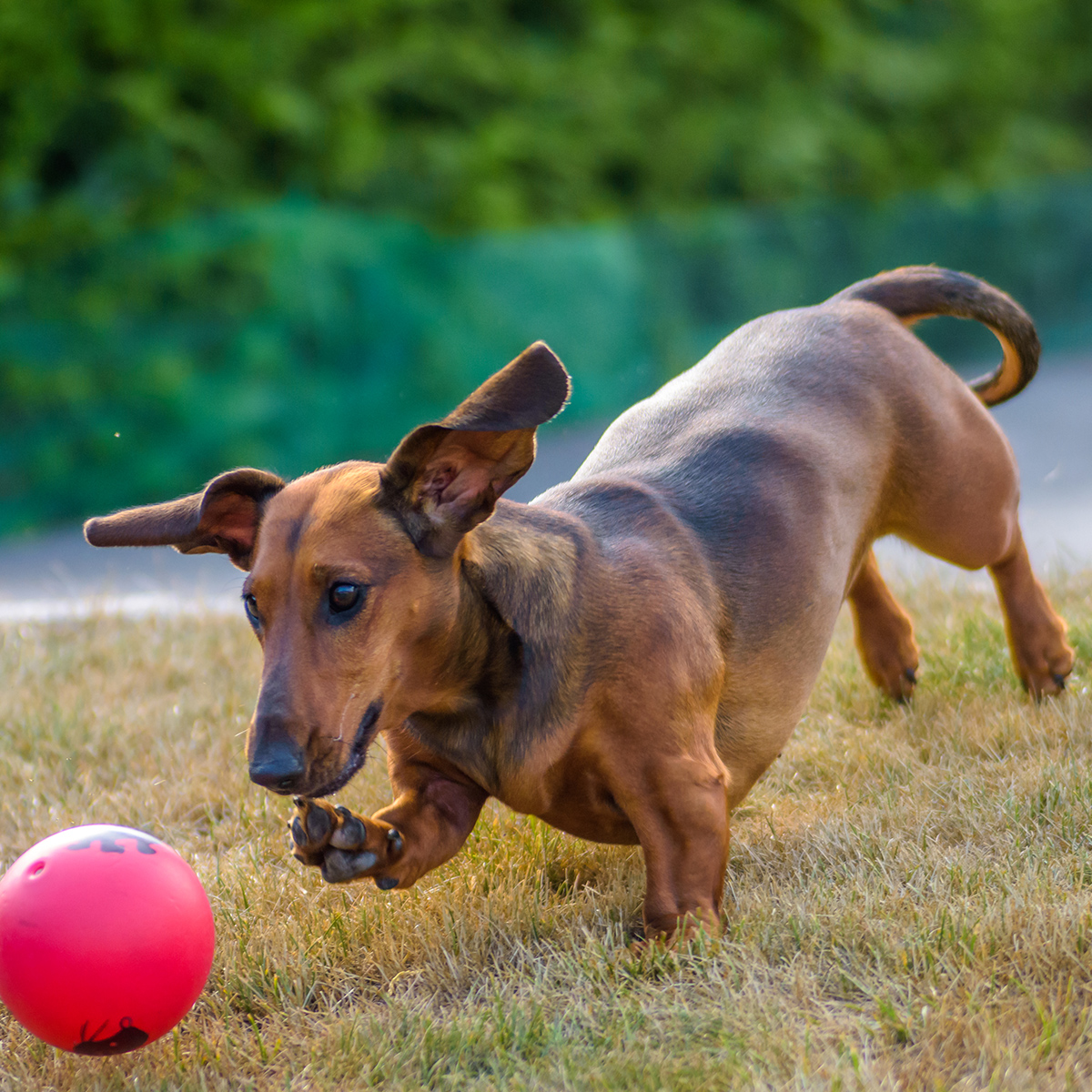8 Signs Your Dog Has a Spinal Injury
Although The PARC is always ready for emergencies, we had one unusual day that we’ll never forget. Three Dachshunds – Precious, Darby and Matilda Begonia – arrived throughout the day, each suffering from a serious spinal column injury that required emergency surgery.
As a breed, Dachshunds are extremely prone to injuring their backs. In fact, experts estimate that one in four Dachshunds will develop some form of disc disease or injury in its lifetime. Although spinal injuries happen most often to dogs with long backs, any breed is at risk of this kind of injury occurring. How do you know if your dog has been injured?
8 Signs of a Spinal Disk Injury
Dogs have high pain thresholds and an instinct not to reveal when they’re in pain. After all, in the wild, the obviously injured animal is the one that gets picked off by the predators. But if you pay attention, you can tell whether your dog is in pain from a disk injury. Look for the following warning signs of spinal disk injury:
- Shivering – especially when combined with unusual inactivity
- Refusal to get up and play, even for food
- A yelp when you pet your dog or try to pick him up
- A pulled-in head, arched back, or any other strange position
- A refusal to bend down to the food or water dish to eat or drink
- Limping of any kind
- A “drunken” rear end, which moves but looks as if it isn’t completely under control
- Dragging of the back legs
If you notice any of these warning signs, call us immediately. If your dog is dragging the back legs or showing any other signs of paralysis or severe pain, head here right away (we’re open 24/7). It’s wise not to wait. You can call on the way.
How Does a Spinal Cord Injury Occur?
Between each bone, there’s a cushioning disc that helps soften the movement of the spine and prevent pain and injuries. Imagine that disk as a grape. If you squeeze the grape firmly, you’ll compress it without breaking it, and the grape will return to its shape. If you squeeze too hard, the grape ruptures and the insides shoot out. An intervertebral disc is like the grape, but it has a soft center called the nucleus. When the disk is compressed too much, the nucleus leaks out, and the only direction it can go is against the spinal cord, which can lead to permanent paralysis. Damaged discs are referred to as Intervertebral Disc Disease or IVDD.
One of Few North Texas Vets to Perform Neurosurgery
Milder cases, in which the dog is in pain but can still walk, are treated with cage rest, anti-inflammatory medications, and muscle relaxants. Unfortunately, these three girls had severe injuries that required emergency surgical intervention to remove the bone and disc material that was lodged against their spinal cords.
Dr. Hotchkiss is the one of the few veterinarians in North Texas who performs neuro surgeries, and The PARC is the only 24-hour facility in Fort Worth who can manage these patients. Dr. Hotchkiss realized early in his career that time is of the essence when attempting to save dogs who have suffered a spinal cord injury. To ensure he had the skills necessary to perform this delicate procedure, Dr. Hotchkiss committed to a course of extensive training, including over a year working alongside Dr. Peter Early, DVM, DACVIM, a neuorologist who is currently a professor at the University of North Carolina, College of Veterinary Medicine. After nursing hundreds of IVDD patients through their recovery, our staff is well-prepared to care for them in the days and weeks following surgery.
A Happy Ending
Many factors can affect the outcome of a dog’s injury, including the severity and the time that lapsed between the injury and surgery. After surgery, the spinal cord only heals with time and rest. Recovery can take weeks to months and can vary from patient to patient.
As for these three, Precious walked the first day after surgery. Darby and Matilda Begonia followed suit shortly after.
Although treating IVDD with surgery can be a big investment financially and in terms of the work you’ll have to put in during your pet’s recovery, the rewards can be great.
Matilda Begonia’s owners shared that they were one step away from choosing euthanasia. They were so grateful that they decided to give surgery a try and that the outcome was so good. We love when our collective efforts pay off, and we can help people and their pets feel better, play more, and love longer.


